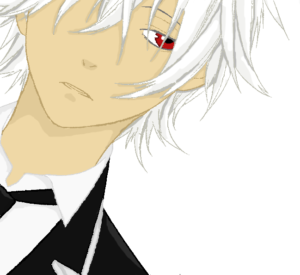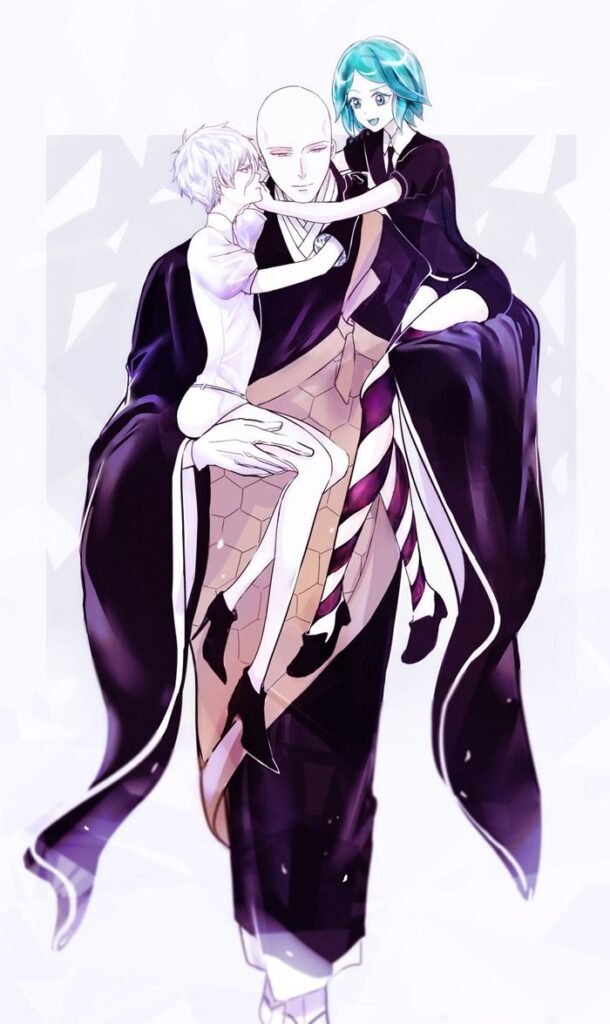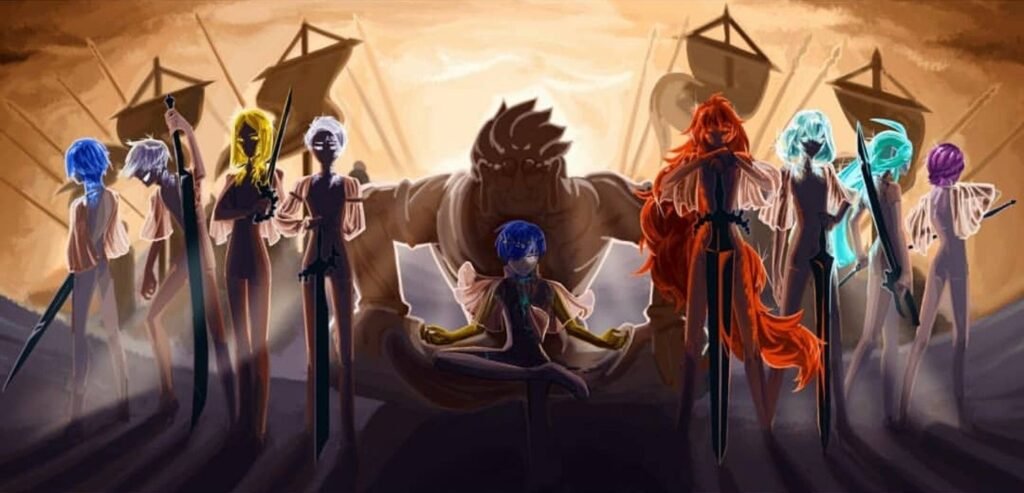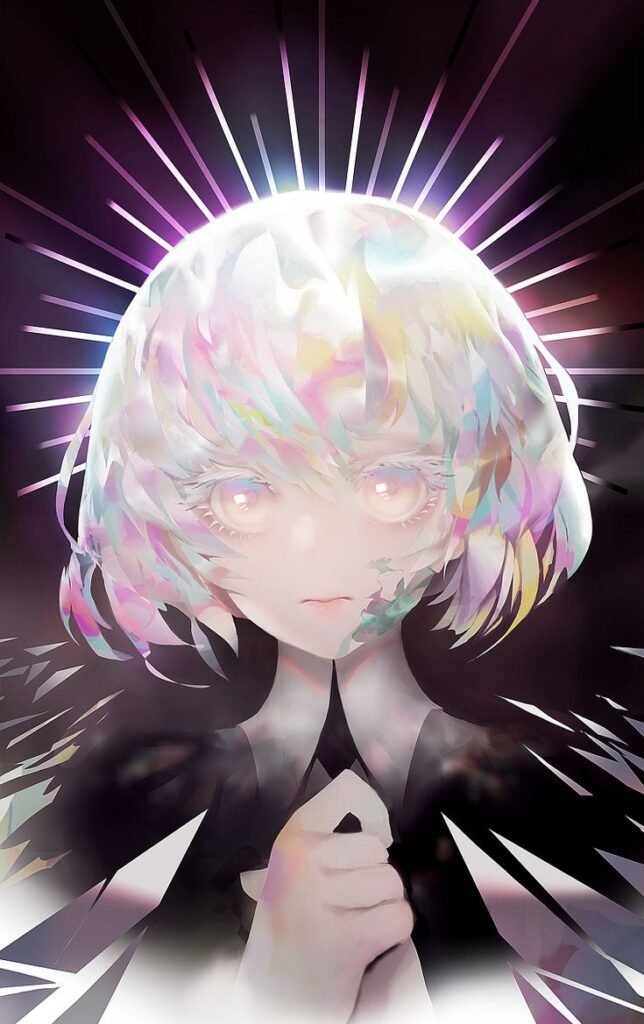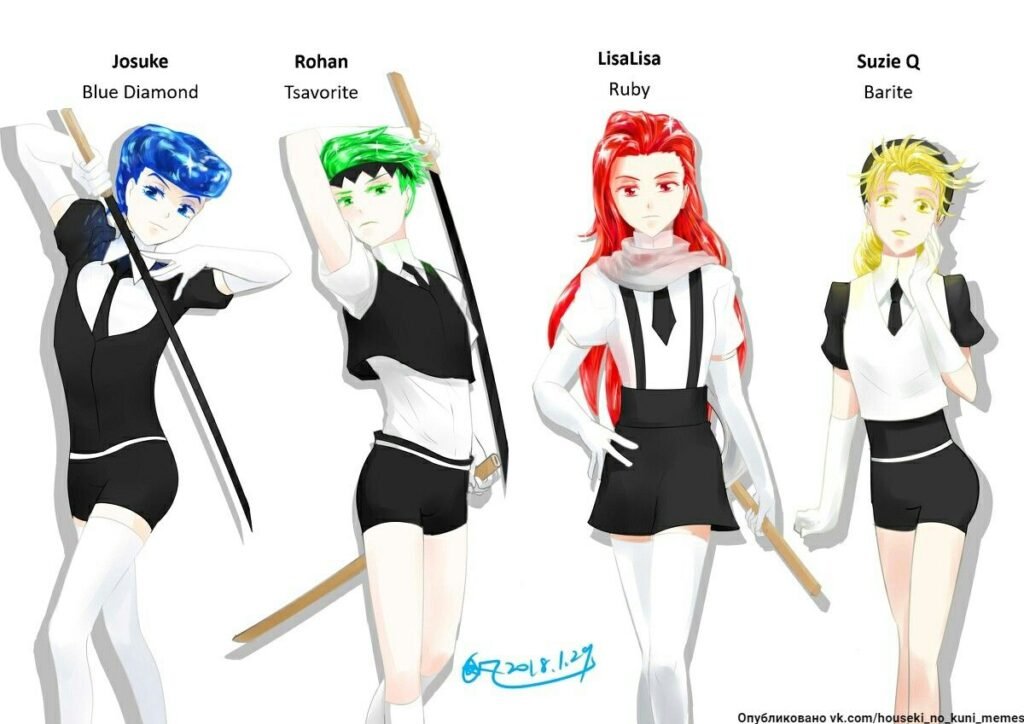- The MAGI aren’t just machines; they are a legacy of my mother’s mind, challenging our very notion of human control over AI.
- When you program an AI, you’re imprinting a piece of your ethical code into its core. It’s a reflection, however distorted it may become.
- Balancing the moral implications of AI with their capabilities is not just scientific; it’s a profound human dilemma.
- We use AI not because we trust it, but because our ambitions drive us to extend our reach beyond human limits.
- In controlling AI, we must question not just what we can do, but what we should do. The MAGI system is my battlefield.
- My mother’s brilliance was as much a shackle as it was a beacon; living up to her legacy is a daily trial.
- She left me with more than the MAGI; she left me questions that I’m still struggling to answer.
- Every decision I make at NERV is haunted by what she would have done in my place.
- The line between her achievements and my own responsibilities blurs more with each passing day.
- I inherited her intellect and her burdens, and every day I weave through both in the web of NERV.
- Being a woman in this field is to constantly prove your worth amidst ruins, both literal and metaphorical.
- In a world where survival is the priority, the battles of gender equality take on a different hue of urgency.
- My position at NERV is not just about science; it’s about demonstrating that intellect knows no gender.
- The apocalypse doesn’t discriminate, and neither does intelligence. We fight on equal grounds against equal threats.
- As a woman leading in STEM here, I am not just building machines; I am dismantling stereotypes.
- Secrecy is the unspoken currency at NERV; it buys safety at the cost of sanity.
- The burden of what I know is outweighed only by the fear of what might happen if it were revealed.
- Keeping secrets is part of the job, but the weight of those secrets can crush you if you let them.
- Every piece of hidden knowledge is another brick in the wall between me and the rest of the world.
- The truth about the Evas and the Human Instrumentality Project is a heavy crown that only a few of us can bear.
- My involvement in the Human Instrumentality Project is a paradox of science and soul, each questioning the other.
- I navigate the thin line between ethical duty and personal morality every day at NERV.
- Human Instrumentality challenges every scientific and moral fiber of my being, making me question both humanity and myself.
- This project might be humanity’s salvation or doom; my role is to see the science, but my heart sees the peril.
- Contributing to the Human Instrumentality means I’m part scientist, part philosopher, always in moral turmoil.
- My relationship with Gendo is a chess game where the pieces are made of secrets and the stakes are always life itself.
- Trust with Gendo is not given, it’s bartered – and I am constantly weighing the cost.
- Working with him is like walking through a minefield blindfolded; you never know which step will betray you.
- Gendo uses people as tools, and sometimes I fear how much I have become his instrument.
- His approval is a shadow; it offers no warmth, yet in it, I find myself standing too often.
- In the silent corridors of NERV, I find both my sanctuary and my prison.
- Connecting with Misato and Maya feels like brief escapes from an island of isolation.
- Every meaningful relationship at NERV is tempered by the fear of what my duties will force me to sacrifice.
- Isolation isn’t just about being alone; it’s about watching barriers grow between you and everyone else.
- Sometimes I wonder if the distance I feel is for their protection or just another aspect of my own defenses.
- The MAGI are not just computers; they are the embodiment of my mother’s genius and her ghosts.
- Living up to my mother’s legacy is like trying to conduct a symphony that was never finished.
- Her shadow is in every line of code I write, every decision I make at NERV.
- I inherited her brilliance and her mistakes – each day, I untangle one from the other.
- The MAGI may carry her personality, but I must carry her legacy, with all its weight and wonder.
- In our battle against the Angels, science is my religion, and the lab is my temple.
- The biblical prophecies and our scientific realities are colliding, and I am caught in the tempest.
- Each Angel we face challenges the boundaries between divine myth and tangible science.
- I dissect religion not through scripture, but through data, seeking answers where faith meets fact.
- As we confront Armageddon, I find myself questioning if we’re following a script written by faith or one written by science.
- I compartmentalize; it’s the only way to keep the chaos of work from invading the rest of my life.
- My calm demeanor is less a trait and more a technique, honed to keep the depths of stress at bay.
- In the sterile calm of the lab, I find a respite from the emotional storms outside.
- Sometimes, understanding the problem is my way of controlling it; knowledge is my therapy.
- There are days when the weight of what I know threatens to break me; on those days, my work is both my anchor and my life raft.
The Ethics of Artificial Intelligence
Mother-Daughter Dynamics
Women in STEM in a Dystopian World
The Psychological Impact of Secrecy
Ritsuko’s Role in Human Instrumentality
Relationship with Gendo Ikari
Isolation and Connection
The Burden of Legacy
The Duality of Science and Religion
Coping Mechanisms and Mental Health


